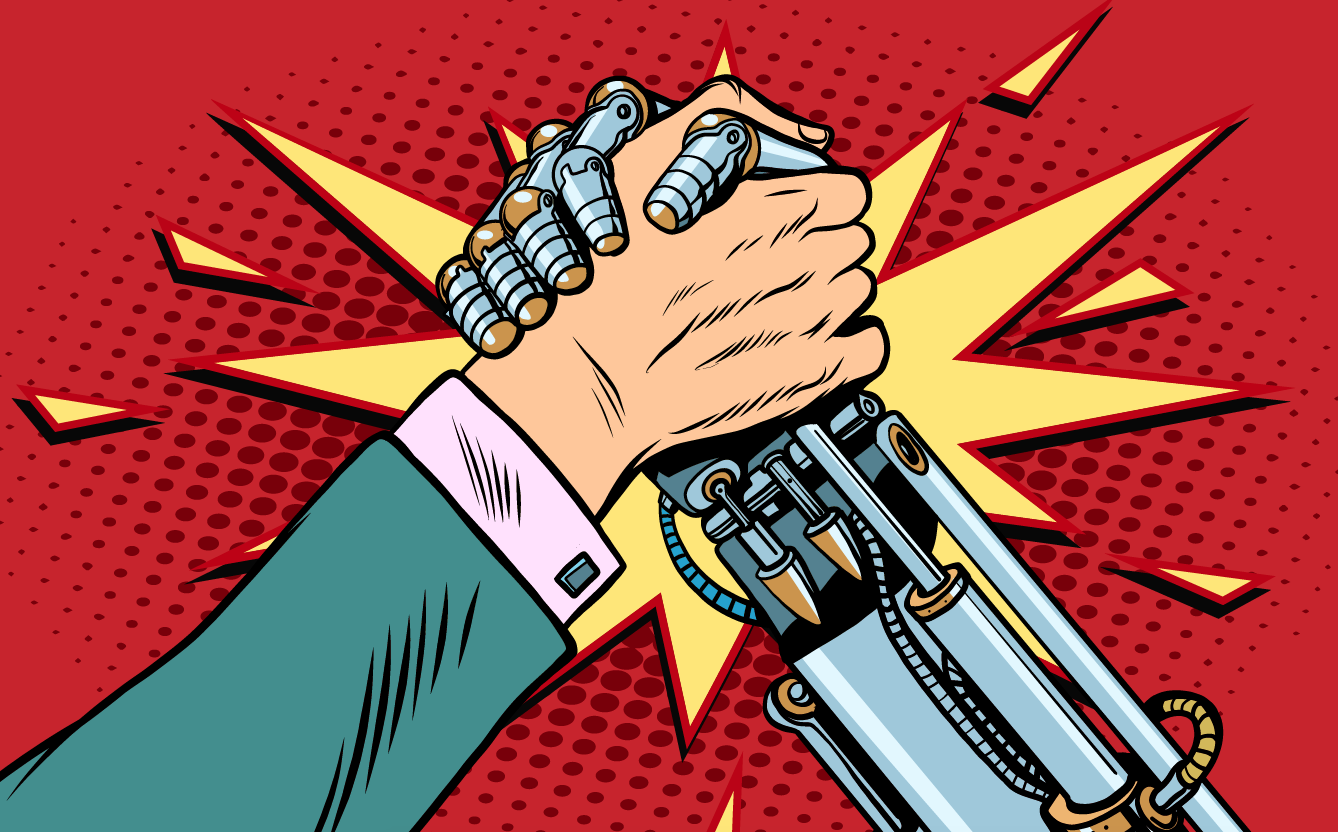The next five years promise to bring fundamental changes across society – from the clients we serve, to the technology we use, and the needs and priorities of business. We can be sure that events and meetings will need to respond to the changing expectations of delegates and employees.
Here are a number of developments that will become more prominent in 2018 and which have the potential to become significant trends over the next five years:
Conferences will have an increasingly interdisciplinary focus – In many sectors, participants will tire of hearing the same industry speakers and vendors saying roughly what they said last year! To maintain attendance levels, organizers will invite inspiring people from different fields, arts, science, music, business, education, or engineering to share their ideas with participants. The convergence, between people coming from different fields, will contribute to more creative solutions for the complex problems of the future of business.
The Brexit boom
Businesses the world over are struggling to understand what form the UK’s exit from the European Union might actually take – or if it will happen at all. Should it happen, the process might take five or ten years to complete fully. There is likely to be a high level of uncertainty and chaos. As the story continues to unfold there will be growing demand for events which help suppliers from and to the UK understand the latest picture and implications for their sector. For the meetings industry, the key here will be the ability to organise and promote relatively short, high quality, sector-specific events at speed.
Smarter by design
The of artificial intelligence (AI) in the sector will expand quite rapidly. From designing agendas, setting prices, and targeting potential attendees through to customer service chatbots, determining best fit locations, matchmaking people at events, and providing back-up content and fact checking of presentations, AI tools will become a feature across the entire industry value chain. In a very human business such as the events sector, it seems likely that AI will be used to free up time for value adding tasks rather than reduce headcounts.
Silent conferences
Participants will be able to tune in to every parallel session via their personal devices and listen through their headphones from wherever they are in a venue. If the current session doesn’t appeal, you can simply switch to listen to or watch another parallel session another without leaving your seat.
Next generation meeting scheduling
The intelligent assistants (IA) on our phone, or on the meeting app, will book appointments and meeting locations for us based on the types of people we say we want to meet. The IA will scan the attendee list, find the people who fit the criteria we’ve defined, and then contact their IA to request and set-up meetings.
Thinking hubs
Meeting venues will have interactive technology that will enable creative thinking and idea testing. Interactive technologies such as Virtual Reality (VR) or Augmented reality (AR) will allow participants to visualize data or ideas developed in a workshop session in a more tangible way. Participants will be able to test different ideas in VR/AR software and compare their possible outcomes to make better decisions.
Digital twins
Early adopters of technology could soon be able to send a digital stand-in to attend face-to-face conferences. The participant’s digital twin would be a software incarnation of the person embodied (or not) by a hologram or device that can see, hear, and observe the event in real time. The digital twin could engage with other participants in virtual space or on social media during the event, leading up to scheduled face to face meetings with interesting contacts at later points in time.
Paradise unplugged
Some meetings will be elevated to a luxury experience by adopting technology-free policies that demand unplugging, disconnecting, powering down, and “off-gridding” for all participants. Events will set a tone of intimacy and authenticity by discarding the free wi-fi and discouraging conference hashtags, for example. The venues would provide a facility at check in where participants can drop off their devices for the day and unplug, putting a total focus on the experience at hand.
Circular economies and zero waste
The meetings and conference industry will come under growing pressure and take greater action to alleviate food, energy, and water waste. Scientific studies have shown that the earth’s ecosystems are weakening due to inefficiencies in current economic structures and distribution systems. So, for example, millions go hungry while fresh food is routinely discarded. Events and meetings that put into practice the principles of circular economies and zero waste, philosophies that encourage reuse and discourage overconsumption, might have a powerful role to play in the future where natural resources, even food, could be in short supply.
Big Brother
Events that gather large numbers of participants could become attractive to proponents of the growing Internet of Things (IoT) and smart city movement. Attendees of large events might earn rewards, discounts, or actual money for agreeing to use tracking devices during business conventions or meetings. Attendee data would provide key insights to exhibiters, and non-participating marketers, for example those aiming at the business traveller.
Marketers will place ever-greater value on knowing how participants spend their time, which stands they visit, what they look at on specific exhibits, who they talk to, and how long for. Of course, this might all seem very intrusive and, so it would need to be the choice of the individual attendee as to whether they were tracked or not. For event venues, large exhibition spaces might provide the perfect venue for IoT vendors to set up demonstrations and smart city simulations.
The next five years could see dramatic change taking place in the meetings sector. A powerful combination of economic, social, technological, and environmental factors will create new opportunities and challenges and force the sector to undertake a fundamental rethink of literally every aspect of what it does.
Rohit Talwar, Steve Wells, Alexandra Whittington, April Koury, and Helena Calle of Fast Future







